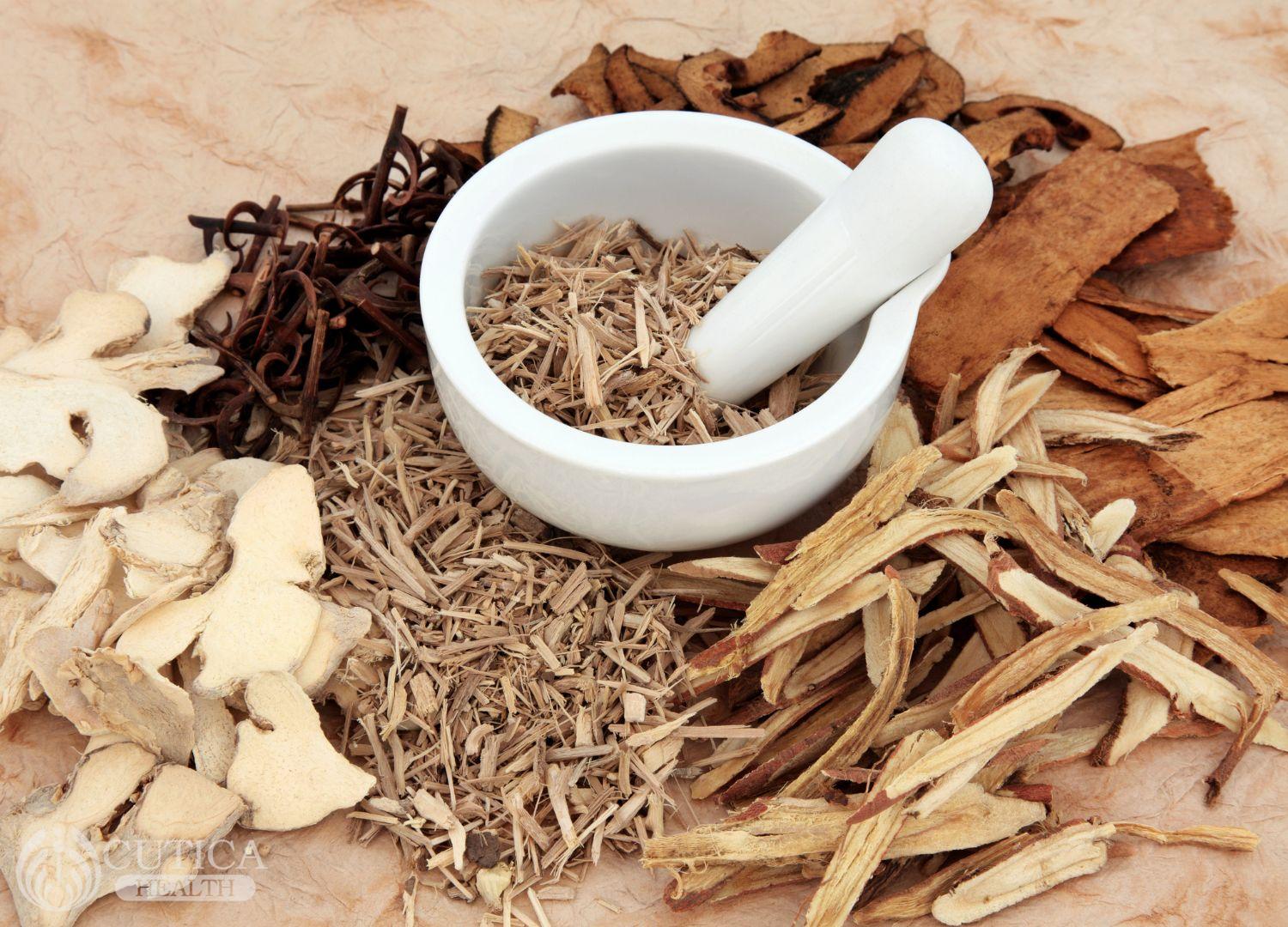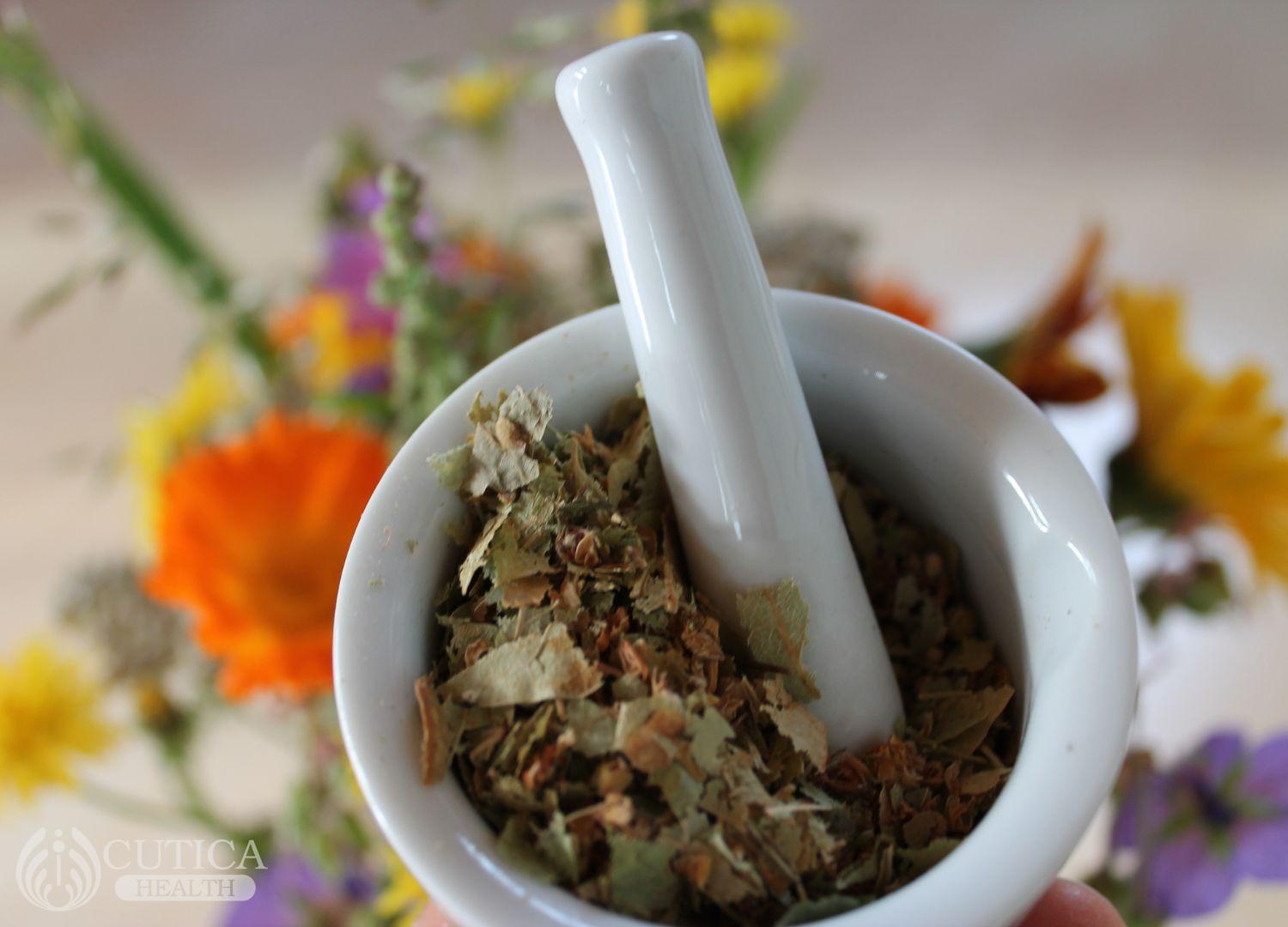From childhood, Bola has always been familiar with the use of Àgbo, whenever she fell ill. She cannot forget the bitter taste that accompanied it and made her despise Àgbo time. However, in recent times, she has heard a lot of confusing information about these herbal products and would like to know what to believe.
Introduction
Àgbo, as it is popularly called in the southwestern part of Nigeria, refers to products made from different herbs and plants for treatment of diseases or just to maintain good health. It is the most popular form of complementary and alternative medicine in Nigeria. Àgbo has long been depended on by Nigerians, and it is a big part of traditional healthcare

While Àgbo is made from plants just like many prescribed medications, the difference is that prescribed medications are approved for use after a period of systematic research and testing, and only specific and safe ingredients from these herbs are used. In contrast, the production of Àgbo is unregulated, hence it may contain harmful parts of plants in unchecked quantities. Àgbo comes in different forms like liquid or solid and can be drunk, eaten, or applied on the skin.
Safety
Because Àgbo production is not regulated, the safe doses are usually not known. There is thus a tendency to overdose or underdose. It is also widely known that some alcoholic beverages are used when making some Àgbo and this can have adverse effects on the body.
Another pertinent issue concerning the safety of these products is the expiration date, as they can expire just like prescribed medications, especially if they are not kept in the right environment needed for their preservation.
Possible Side Effects
Kidney Damage
This is perhaps the most common side effect of Àgbo consumption. The toxic chemicals in the herbal products can damage the kidneys when they are exposed to them. Consequences of this include a need for dialysis or kidney transplant.
Liver Damage
Liver damage can occur form chemicals in the herbs that are toxic to the liver. The symptoms of liver damage include fatigue, yellow skin and eyes, abdominal pain, nausea, and changes in urine and stool color.
Allergic and Anaphylactic Reactions
There have been reported instances of people allergic to Àgbo. The obscurity of ingredients in most products lead to an inability to identify and ultimately avoid ingredients an individual is allergic to.
Drug Interactions
Individuals using Àgbo as complementary medication to standard medical care may inadvertently cause drug to drug interactions between the ingredients in the herbal medication and prescribed medication. This can lead to significant damage to the body. It can also affect the potency of prescribed medication.
Who Should Avoid Herbal Medications?
There are some groups of people who should avoid herbal medicines, because of the high risk for life-threatening harm to them. They include individuals with kidney or liver diseases, pregnant or breastfeeding women, people with chronic conditions on long-term medications, children, and the elderly.
Conclusion

The use of Àgbo has a traditional and cultural background; however, it must be approached with caution. If not used correctly, herbal medications can have life-threatening effects. Careful regulation by the Government is necessary to achieve safety of these products. It is important to know that ‘natural’ does not always mean safe and effective.


